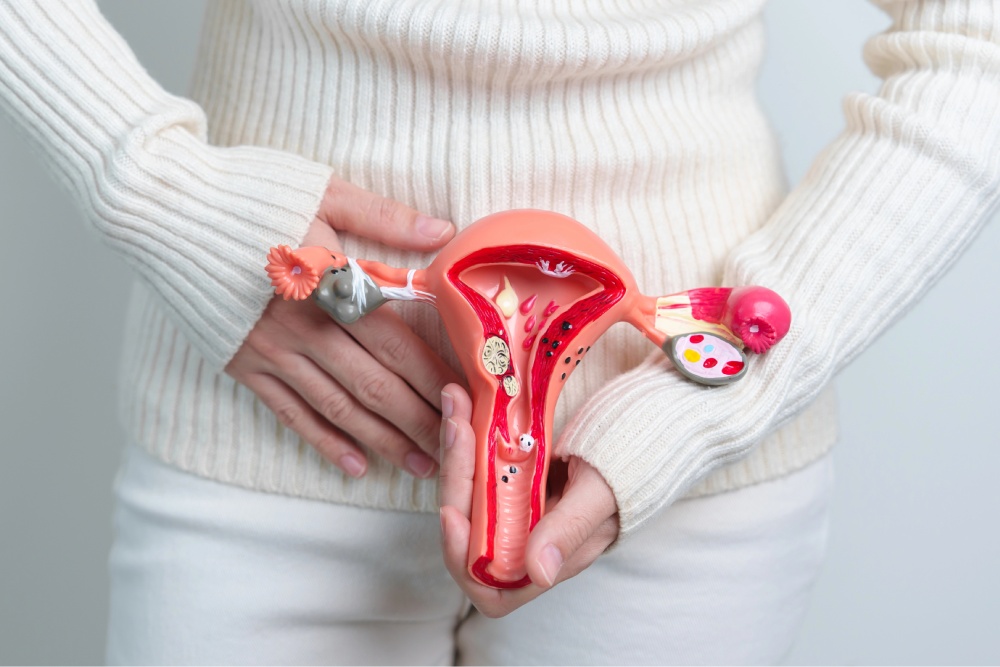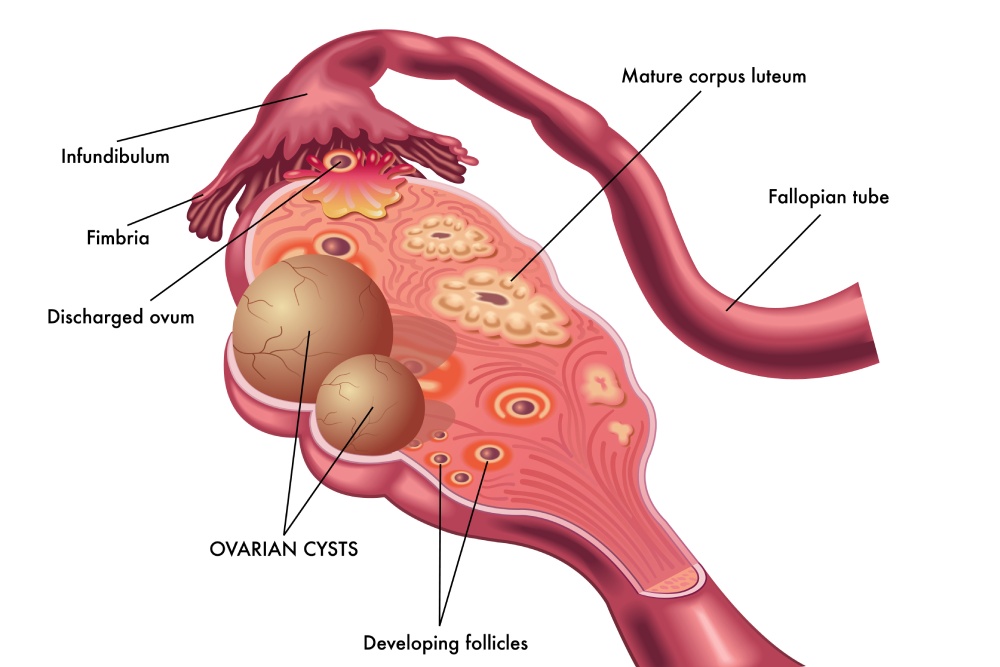
Surgical Solutions: Exploring Hysterectomy As A PCOS Treatment
Polycystic Ovary Syndrome affects millions of women worldwide, often bringing challenges like irregular periods, hormonal...
Read MoreMost women have their first menstrual period by the time they’re 15 years old. Menstrual cycles then generally continue monthly until a woman is between 45 and 55.
As you get older, your periods become irregular and eventually stop completely. Once you’ve gone a year without getting your period, you’ve entered menopause, and it signals the end of your reproductive years.
But every woman has a different experience when it comes to menopause, and your body goes through many stages with these changes. Perimenopause is the time before menopause as your fertility naturally declines.
The expert OB/GYN team at The Women’s Center understands how the symptoms and stages of menopause affect your life. We partner with women to help them learn what to expect as their bodies change with age: from perimenopause to menopause and beyond.
Regardless of whether you’re experiencing perimenopause, find out what to expect next. Call one of our convenient locations or book an appointment online to get started today.
The perimenopause transition to menopause lasts an average of four years, but this can vary significantly from woman to woman. Perimenopause may range from just a few months to as long as 10 years.
Perimenopause develops when your body begins producing less estrogen, the female hormone. Many women first notice symptoms of perimenopause in their 40s, but some women may enter perimenopause while still in their 30s.
Symptoms of perimenopause can include:
The symptoms of perimenopause can be similar to the symptoms of menopause, but the difference is that you’ll still have menstrual bleeding — even if it’s irregular. Before perimenopause, women have fairly regular menstrual cycles that last about 28 days. But once you enter perimenopause, periods can become more irregular.
It’s common to experience a drop in fertility in your late 30s and early 40s. Your fertility decreases in perimenopause, but it’s still possible to get pregnant. If you still want to have a baby, talk to our team at The Women’s Center to learn about your options.
As you go through perimenopause, your body’s estrogen level continues to drop. You’ll likely experience increasing symptoms of menopause as time goes on.
Menopause begins when your ovaries stop releasing eggs. It’s diagnosed when you’ve gone without a menstrual period for one year. Menopause generally lasts 4-5 years for most women.
Symptoms of menopause are similar to those of perimenopause. While menopause is a natural process, the side effects can be unpleasant and impact your quality of life. Our team can help you find treatments to manage symptoms and reduce certain health risks.
We can recommend lifestyle changes like following a healthy diet and exercising regularly, both of which can ease menopausal discomfort and prevent other health complications. In some cases, hormone therapy can help mitigate unpleasant symptoms of perimenopause and menopause.
Wherever you might be in the stages of perimenopause and menopause, we’re here for you. Schedule a consultation at one of our eight convenient locations around Orlando, Florida. Book your appointment online, or you can call the office nearest you today. You can also send a message to The Women’s Center team here on our website.




Polycystic Ovary Syndrome affects millions of women worldwide, often bringing challenges like irregular periods, hormonal...
Read More
Ovarian cysts after menopause may seem uncommon, but they can still develop even when the...
Read More
Uterine fibroids are one of the most common benign growths affecting women. By age 50,...
Read More